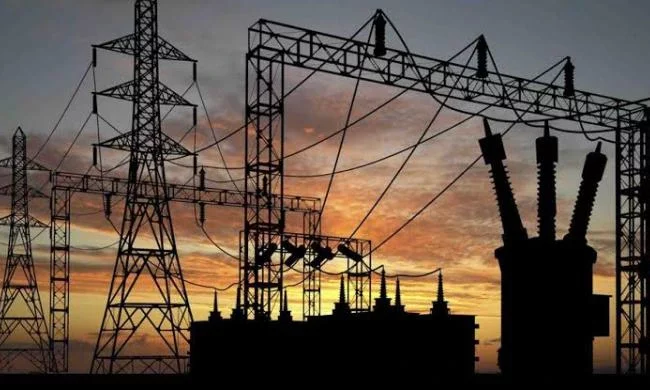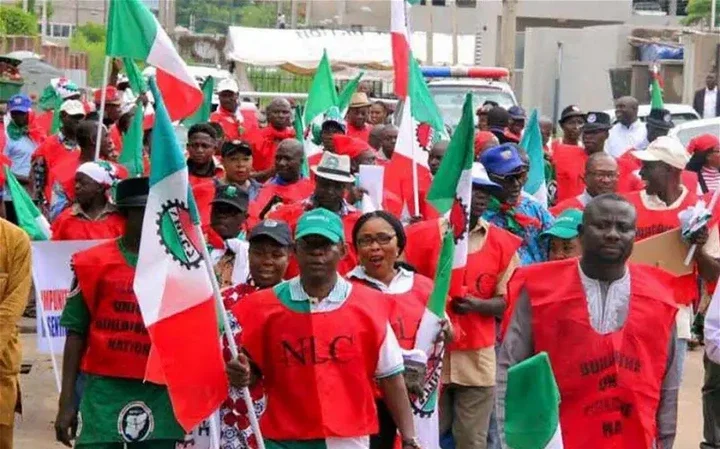Businesses and households are grappling with the adverse effects of nationwide strike.

Several sectors feel the strain as the strike persists, with consequences reaching far and wide.
Here are five key sectors affected by the ongoing industrial action:
In a show of seriousness about the nationwide strike, organised labour instructed some affiliates to shut down the oil and gas sector.
The Petroleum and Natural Gas Senior Staff Association of Nigeria (PENGASSAN), which plays a vital role in ensuring the smooth operation of the country's oil and gas industry, has joined the strike.
With members participating in the strike, oil production, refining, and distribution activities are significantly disrupted, affecting domestic supply and revenue generation.
Torizone reported earlier that the Transmission Company of Nigeria (TCN) issued a statement confirming that it would join the strike.
The statement also confirmed that the shutdown of the national grid caused blackouts across major cities in Nigeria.
Businesses and households are grappling with the adverse effects of unreliable electricity supply.
Nigeria's transportation industry is another casualty of the ongoing strike, which is severely disrupting flight operations, motorist movement, and train services.
Airport staff, including air traffic controllers and ground handling personnel, are participating in the industrial action, causing flight cancellations, delays, and chaos nationwide.
Reports have confirmed that this disruption inconveniences travellers and affects businesses reliant on air transportation for cargo and logistics.
A report by Newsmen confirmed that the Abuja-Kaduna Train Services (AKTS) did not operate on Monday, June 3, due to the ongoing strike action announced by the Nigerian Labour Congress (NLC) and Trade Union Congress (TUC).
The strike has brought the judicial system to a standstill, with courts across the country closed due to the absence of judicial workers.
Legal proceedings, including hearings, trials, and other court activities, have been suspended, causing delays in the dispensation of justice.
The backlog of cases is expected to worsen, burdening an already strained judicial system.
According to Newsmen, the Judiciary Staff Union of Nigeria (JUSUN) has complied with the NLC's directives to join the strike.
It was gathered that the FCT High Court, Maitama, Federal High Court, Court of Appeal, and Supreme Court were all shutdown.
Perhaps one of the most concerning impacts of the strike is on the healthcare sector.
Healthcare workers, including doctors, nurses, and other medical professionals, are participating in the industrial action, disrupting healthcare services nationwide.
A notice obtained by Newsmenon Monday, June 3, confirmed that the National Association of Nigeria Nurses and Midwives Zamfara chapter has also joined the strike.
Hospitals operate at reduced capacity, and patients face difficulties accessing essential medical care.
Pulse reported earlier that the Muhammadu Abdullahi Wase Teaching Hospital (MAWTH) in Kano was shut down by members of the organised labour, leaving patients stranded at the premises.
This critical sector has suffered several industrial actions over the years.
The organised labour included some of its affiliates in the memo ordering them to adhere to the strike action.
According to Channels TV, the College of Education Academic Staff Union, Senior Staff Association of Nigerian Universities, Nigerian Union of Teachers, and Senior Staff Association of Nigerian Polytechnics issued memos urging compliance.
Meanwhile, members of the Academic Staff Union of Universities are also gearing up for the strike.
















Comments